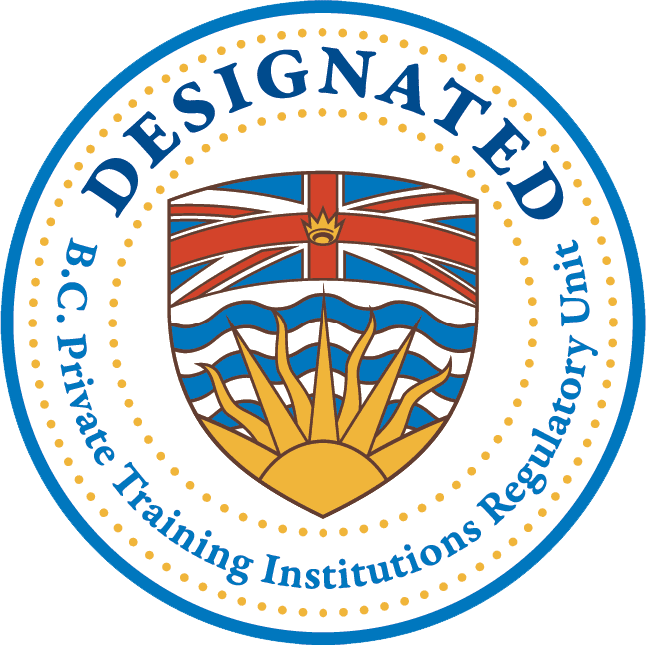Omnichannel marketing is more than just a strategy; it’s how modern brands meet customers wherever they are. In today’s digital world, people switch effortlessly between phones, laptops, apps, email, and in-person experiences. To keep up, businesses need a unified approach. That’s where omnichannel marketing comes in.
What Is Meant by Omnichannel Marketing?
At its core, omnichannel marketing means creating a seamless and integrated customer experience across all touchpoints, online and offline. Whether someone interacts with your brand on Instagram, in a store, by phone, or through email, they should receive consistent messaging, branding, and support.
This goes beyond just having multiple marketing channels (multichannel marketing). Omnichannel links them all together so that data, context, and the customer experience are shared across platforms. A shopper who adds an item to their cart on mobile and finishes the purchase on desktop should feel like they’re on the same journey, not starting over.
What Is an Example of Omnichannel?
An Omnichannel refers to a customer experience that is synchronized across all platforms, from your social pages to your website. Let’s say a customer sees your product in a Facebook ad, clicks to browse your site, and signs up for your newsletter. Later, they receive an email with a personalized offer. They buy online, then pick up in the store, where the associate already knows their name and previous purchases. That’s a smooth, data-driven, omnichannel journey.
Companies like Starbucks, Apple, and Sephora are leaders in this space. Their apps, stores, websites, and support lines all work together, providing a consistent customer journey in digital marketing, and that’s what keeps customers coming back.

The 4 Pillars of Omnichannel Marketing
The four pillars are Consistency, Personalization, Customer-Centricity, and Data Integration. To build a strong omnichannel marketing funnel, you need these four key elements:
- Consistency: Your tone, branding, and message should look and feel the same across all channels.
- Personalization: Use customer data to create relevant content, product suggestions, and offers based on user behavior.
- Customer-Centricity: Design your customer journey from their point of view. Make things easy, intuitive, and helpful.
- Data Integration: Make sure all platforms “talk” to each other. Unify your customer data from CRM, web analytics, point-of-sale, and more.
When done right, omnichannel increases customer satisfaction, retention, and lifetime value.
Why Does Omnichannel Matter?
The average customer uses multiple touchpoints before making a purchase. They might research on Google, compare prices on Amazon, read reviews on Reddit, and make the final decision in-store. If your brand doesn’t show up consistently across these points, you risk losing trust and the sale.
Omnichannel marketing ensures your brand is always current, always connected, and always ready to help. This improves customer experience and business results.

Learn Omnichannel Strategy Through Our Digital Marketing Diploma
Cumberland College’s digital marketing diploma helps students develop the skills needed to create successful omnichannel campaigns. You’ll explore SEO, content marketing, analytics, paid ads, social media, and more, plus how to build cohesive digital marketing strategies across platforms.
You’ll also learn how to design funnels that guide customers from awareness to conversion, no matter where they start their journey.
Omnichannel marketing is no longer optional; it’s expected. As digital experiences become more complex and interconnected, marketers need to know how to meet users across all platforms with clarity, relevance, and purpose. If you’re serious about building a future in marketing, understanding omnichannel strategy is non-negotiable.
A career in this space starts with the right foundation. Consider enrolling in Cumberland’s digital marketing diploma to develop the real-world skills today’s employers are looking for.
Are you looking for a comprehensive Digital Marketing Diploma program?
Contact Cumberland College for more information.
Frequently Asked Questions
Question: What is meant by omnichannel marketing?
Answer: At its core, omnichannel marketing means creating a seamless and integrated customer experience across all touchpoints, online and offline.
Question: What is an example of an omnichannel?
Answer: An Omnichannel refers to a customer experience that is synchronized across all platforms, from your social pages to your website.
Question: What are the 4 pillars of omnichannel?
Answer: The four pillars are Consistency, Personalization, Customer-Centricity, and Data Integration.




